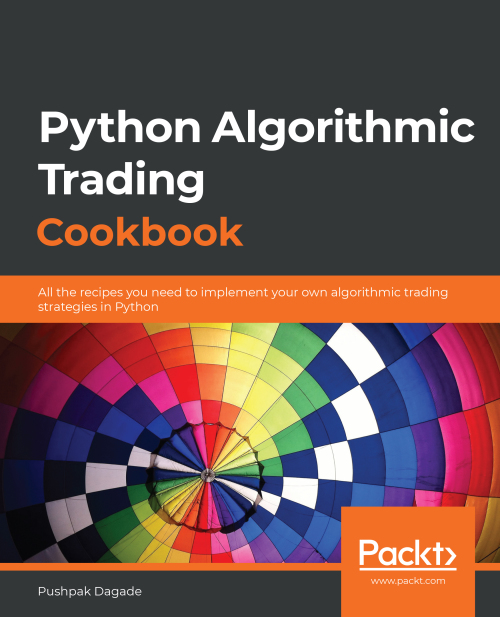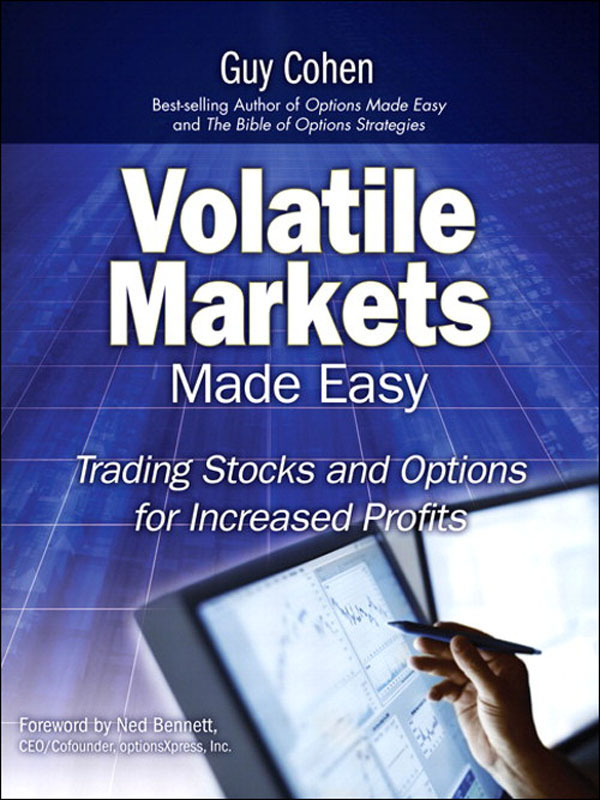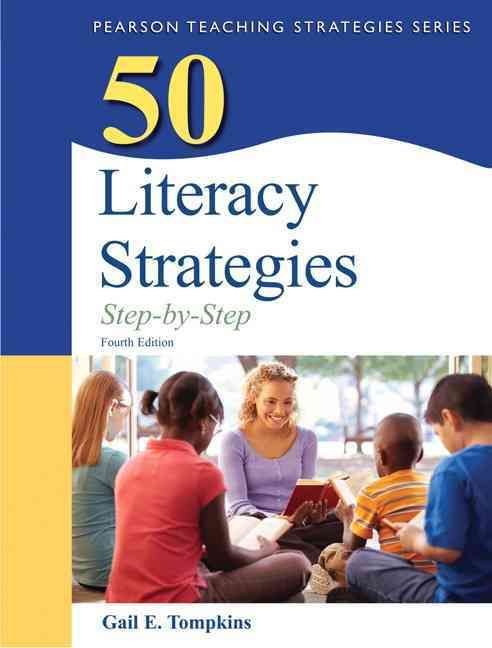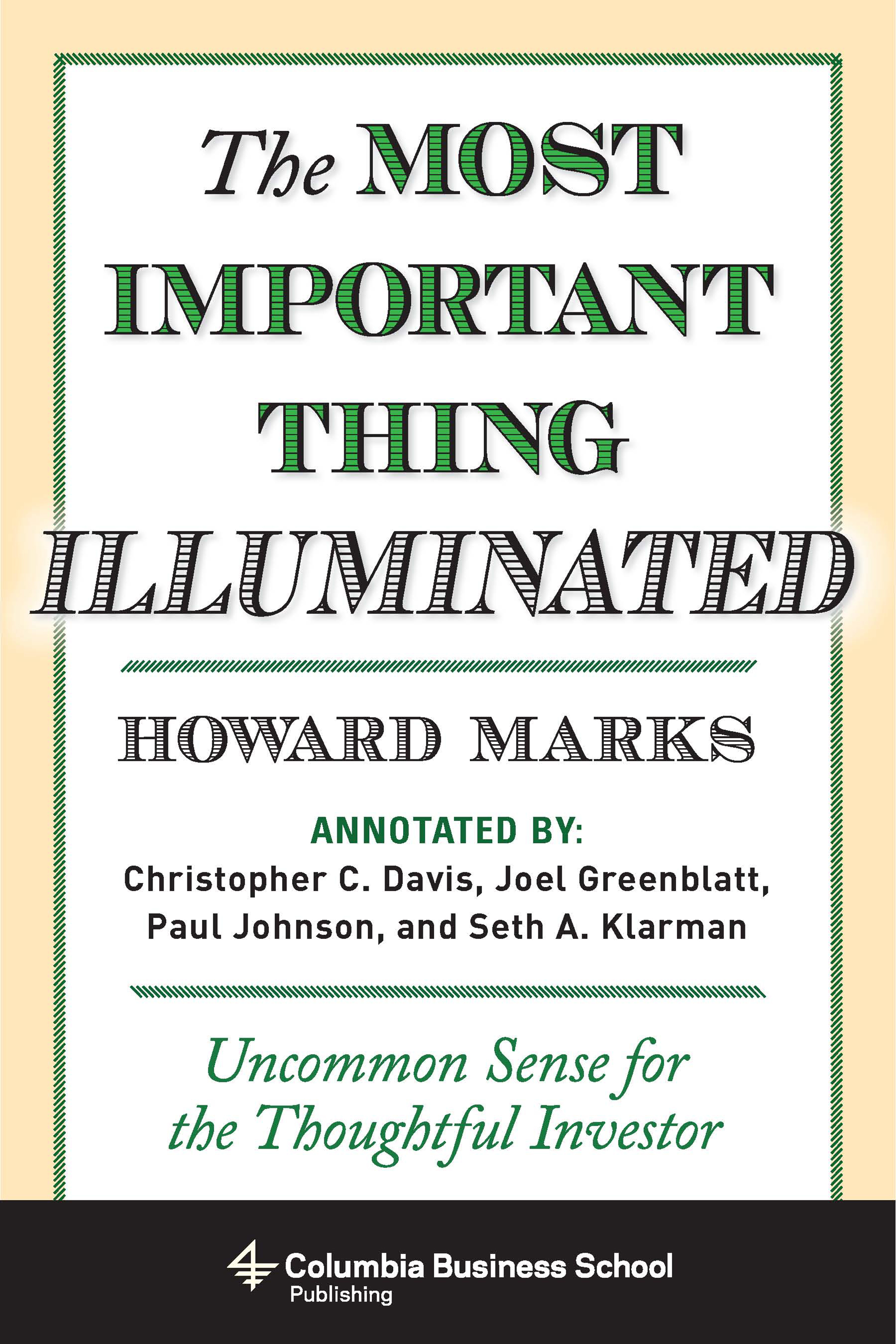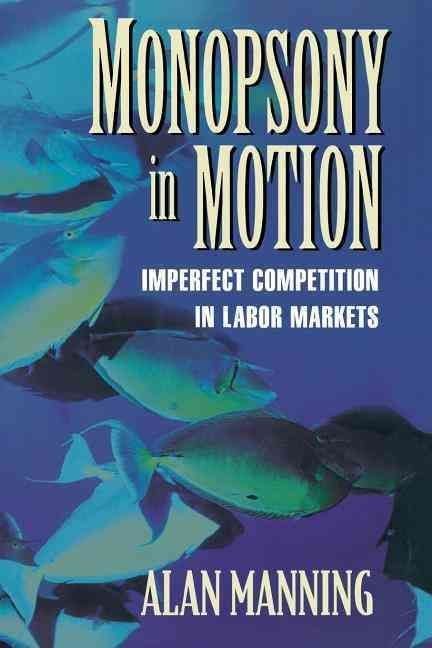Build a solid foundation in algorithmic trading by developing, testing and executing powerful trading strategies with real market data using Python Key Features Build a strong foundation in algorithmic trading by becoming well-versed with the basics of financial markets Demystify jargon related to understanding and placing multiple types of trading orders Devise trading strategies and increase your odds of making a profit without human intervention Book Description If you want to find out how you can build a solid foundation in algorithmic trading using Python, this cookbook is here to help. Starting by setting up the Python environment for trading and connectivity with brokers, you’ll then learn the important aspects of financial markets. As you progress, you’ll learn to fetch financial instruments, query and calculate various types of candles and historical data, and finally, compute and plot technical indicators. Next, you’ll learn how to place various types of orders, such as regular, bracket, and cover orders, and understand their state transitions. Later chapters will cover backtesting, paper trading, and finally real trading for the algorithmic strategies that you’ve created. You’ll even understand how to automate trading and find the right strategy for making effective decisions that would otherwise be impossible for human traders. By the end of this book, you’ll be able to use Python libraries to conduct key tasks in the algorithmic trading ecosystem. Note: For demonstration, we’re using Zerodha, an Indian Stock Market broker. If you’re not an Indian resident, you won’t be able to use Zerodha and therefore will not be able to test the examples directly. However, you can take inspiration from the book and apply the concepts across your preferred stock market broker of choice. What you will learn Use Python to set up connectivity with brokers Handle and manipulate time series data using Python Fetch a list of exchanges, segments, financial instruments, and historical data to interact with the real market Understand, fetch, and calculate various types of candles and use them to compute and plot diverse types of technical indicators Develop and improve the performance of algorithmic trading strategies Perform backtesting and paper trading on algorithmic trading strategies Implement real trading in the live hours of stock markets Who this book is for If you are a financial analyst, financial trader, data analyst, algorithmic trader, trading enthusiast or anyone who wants to learn algorithmic trading with Python and important techniques to address challenges faced in the finance domain, this book is for you. Basic working knowledge of the Python programming language is expected. Although fundamental knowledge of trade-related terminologies will be helpful, it is not mandatory.
